
701. Fall 2025 Journal of Economic Perspectives Freely Available Online
The post highlights the availability of the Fall 2025 issue of a journal, discussing its contents and key articles related to government debt and fiscal policy.
your daily dose of economic commentary

The post highlights the availability of the Fall 2025 issue of a journal, discussing its contents and key articles related to government debt and fiscal policy.

Bill McBride discusses the slowdown in US home price growth, highlighting regional differences and the impact of economic factors on housing demand.
An argument that reducing tariffs and simplifying regulations could significantly boost rooftop solar adoption in the U.S., enhancing energy resilience and lowering costs.

Camila Domonoske discusses Tesla's proposed compensation for Elon Musk, highlighting the significant financial figures involved.

A new contributor shares a roundup of interesting links and commentary on diverse topics, including economics, innovation policy, and cultural insights.

Bill McBride discusses a decline in hotel occupancy rates and the potential impact of government actions on air travel and tourism.
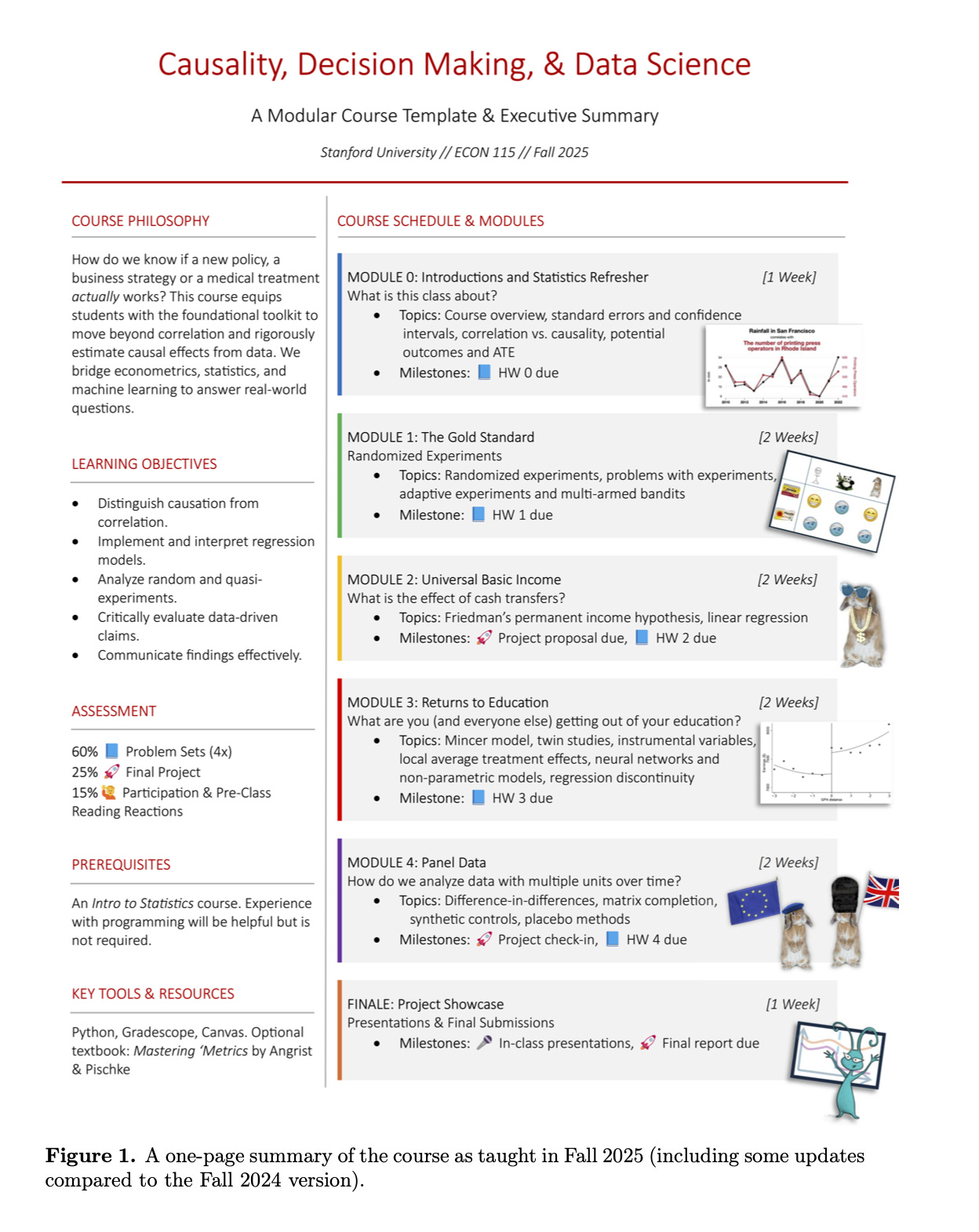
Scott Cunningham discusses a new undergraduate course on causal inference by Guido Imbens and compares it to his own course at Harvard, reflecting on teaching methods and content.

Maria Aspan discusses the challenges and implications for Wall Street following the election of mayor-elect Zohran Mamdani, amid significant opposition from wealthy elites.
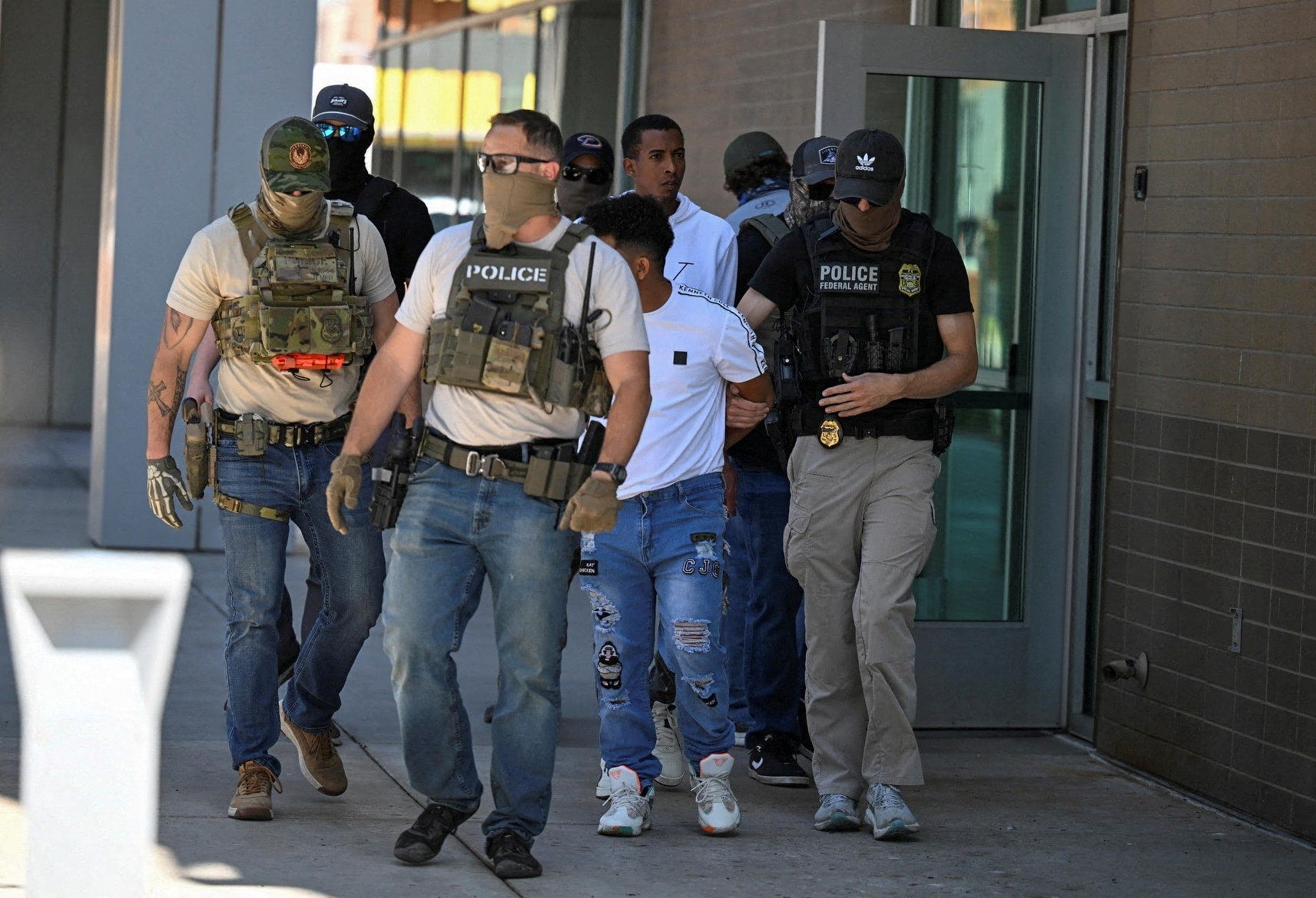
An argument that recent voting trends indicate a significant shift of Hispanic voters back to Democrats, influenced by economic realities and perceptions of Trump’s policies.
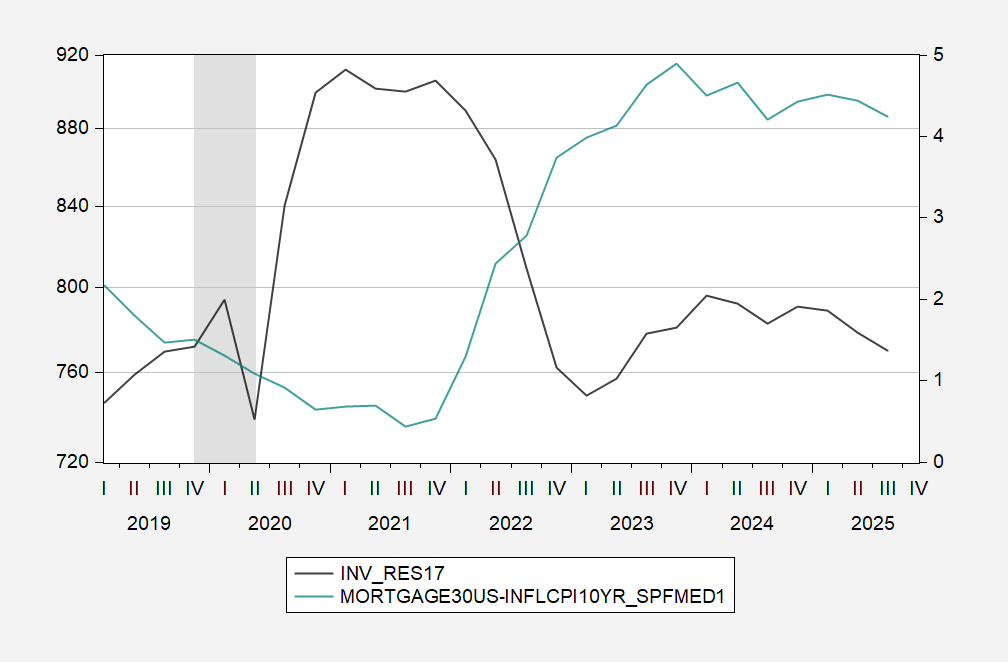
An argument that high policy uncertainty significantly affects residential investment, potentially more than high interest rates, based on regression analysis of economic data.

The impact of immigration policies on the construction industry’s labor shortage is highlighted, emphasizing the challenges faced by foreign-born workers.

Scott Horsley discusses the rising demand and prices for electricity, attributing some of the increase to artificial intelligence influences.

An argument that credit history significantly influences auto insurance premiums, potentially leading to higher costs for consumers.
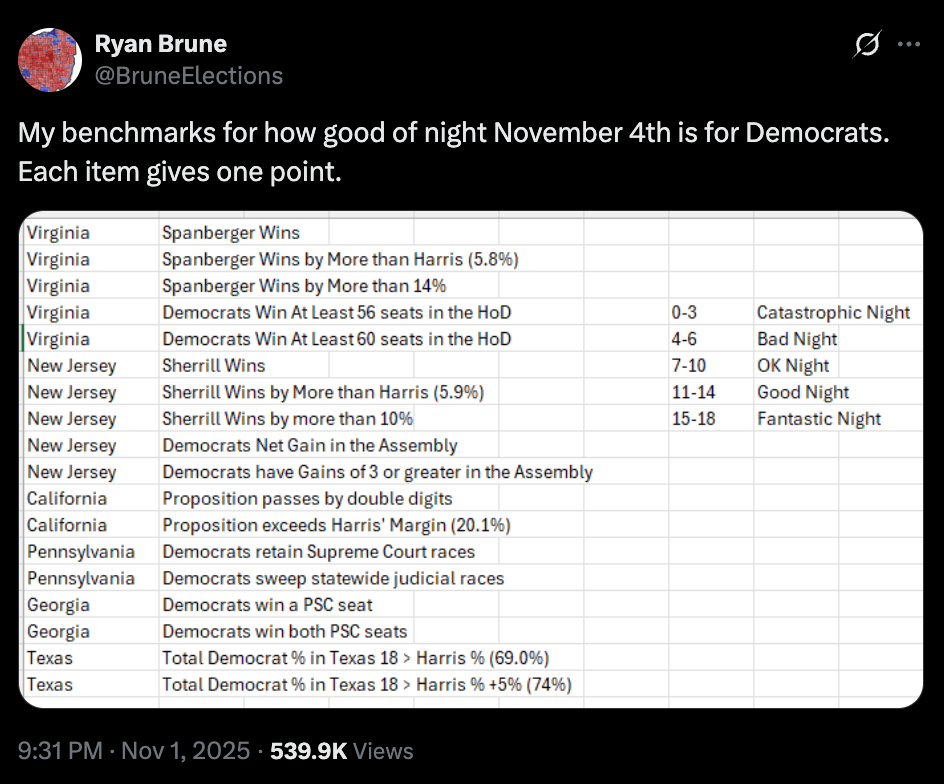
The post analyzes recent electoral successes for Democrats, highlighting key races and the implications of these results for future political dynamics, particularly in New York.
![ADP Private NFP and Implied BLS NFP [updated]](https://econbrowser.com/wp-content/uploads/2025/11/adp_newpix.png)
An argument that recent ADP private nonfarm payroll data suggests an upward surprise in employment figures, impacting estimates for BLS nonfarm payroll metrics.
The conversation explores AI advancements, OpenAI's growth, implications for organizations, and the future of AI in various sectors, including science and commerce.

Timothy Taylor discusses the importance of high-skilled immigration for the U.S. economy and the need for policy reforms to attract global talent.

The discussion centers on the Supreme Court justices' skepticism regarding the president's authority to impose tariffs for national security reasons.
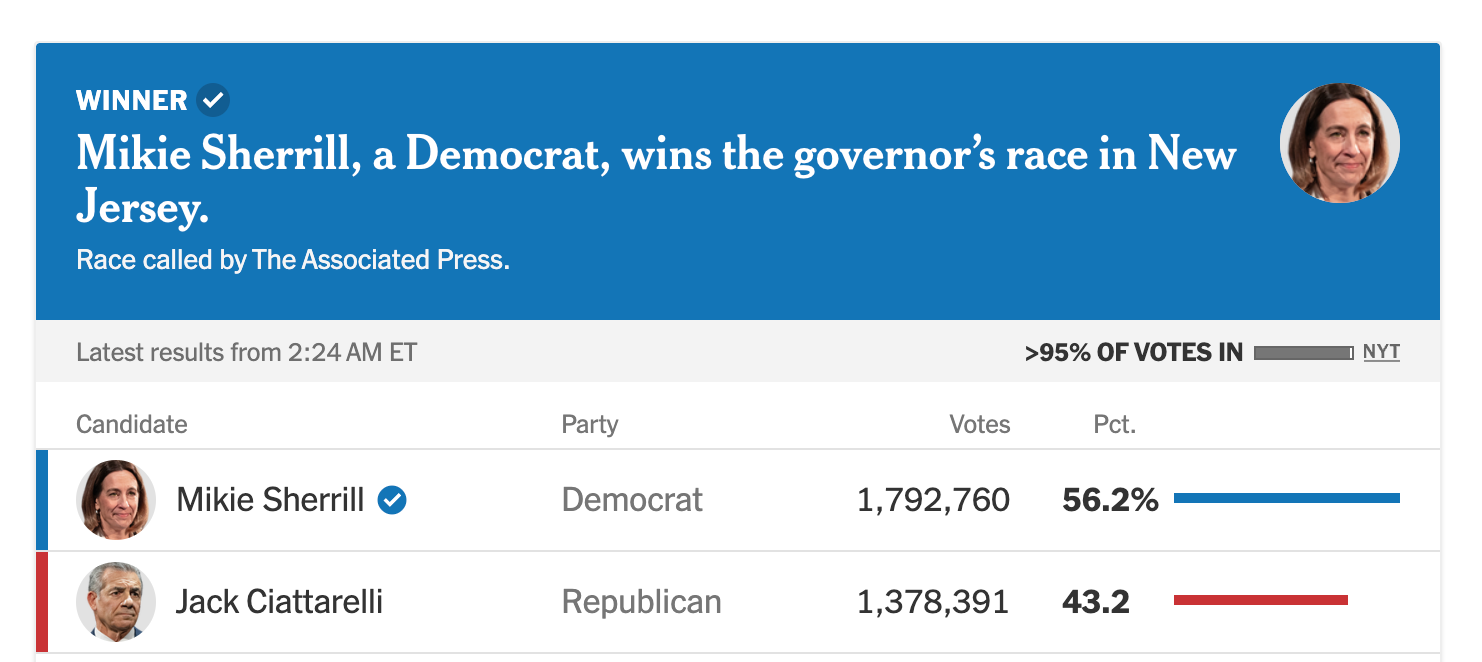
Paul Krugman discusses the recent electoral success of Democrats, attributing it to economic factors and criticizing the narrative that they are out of touch with voters.

Jon Murphy discusses his journey to understanding classical liberalism and its role in promoting individual liberty and human flourishing through free-market principles.